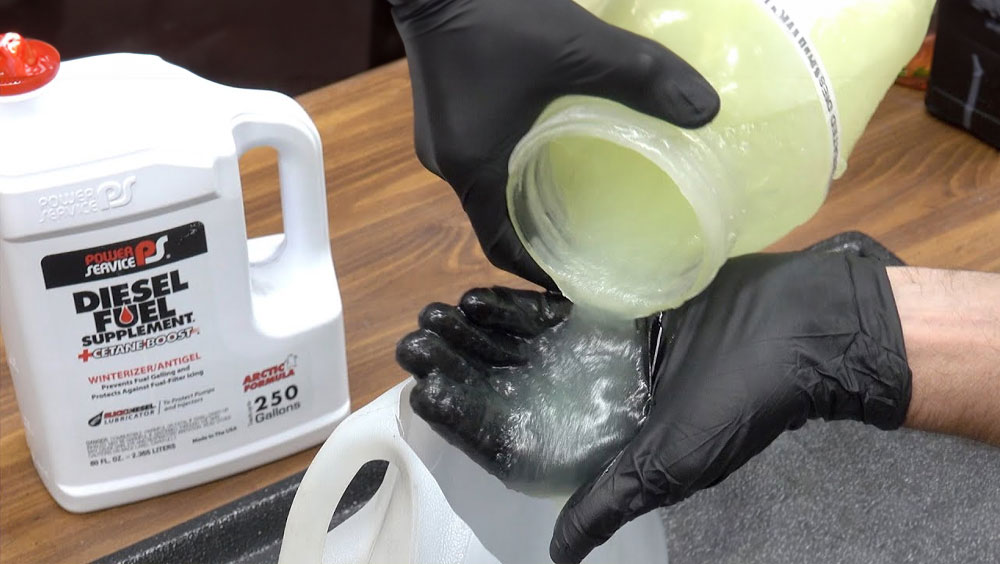Diesel fuel is a reliable energy source for vehicles, especially in industries like transportation and agriculture. However, as the temperature dips in colder climates, diesel fuel can begin to gel. This gelling process can wreak havoc on engines and fuel systems, leaving drivers stranded in freezing conditions. In this article, we’ll explore the science behind diesel fuel gelling, at what temperature it occurs, and how you can prevent it to keep your engine running smoothly.
What Causes Diesel Fuel To Gel?
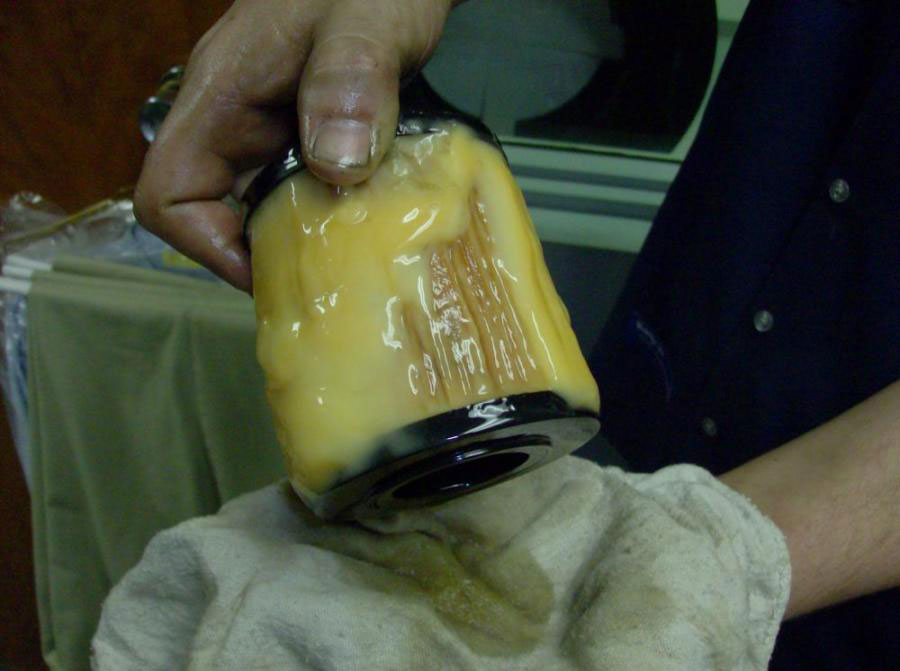
Diesel fuel gelling happens because of the paraffin wax components present in the fuel. These waxes are crucial for diesel's energy content, but they start to harden as temperatures fall. Essentially, diesel fuel gelling is the transformation of liquid diesel into a thick, gel-like substance that can no longer flow freely through fuel filters and injectors. This phenomenon leads to poor engine performance or even a complete shutdown..
At What Temperature Does Diesel Fuel Gel?
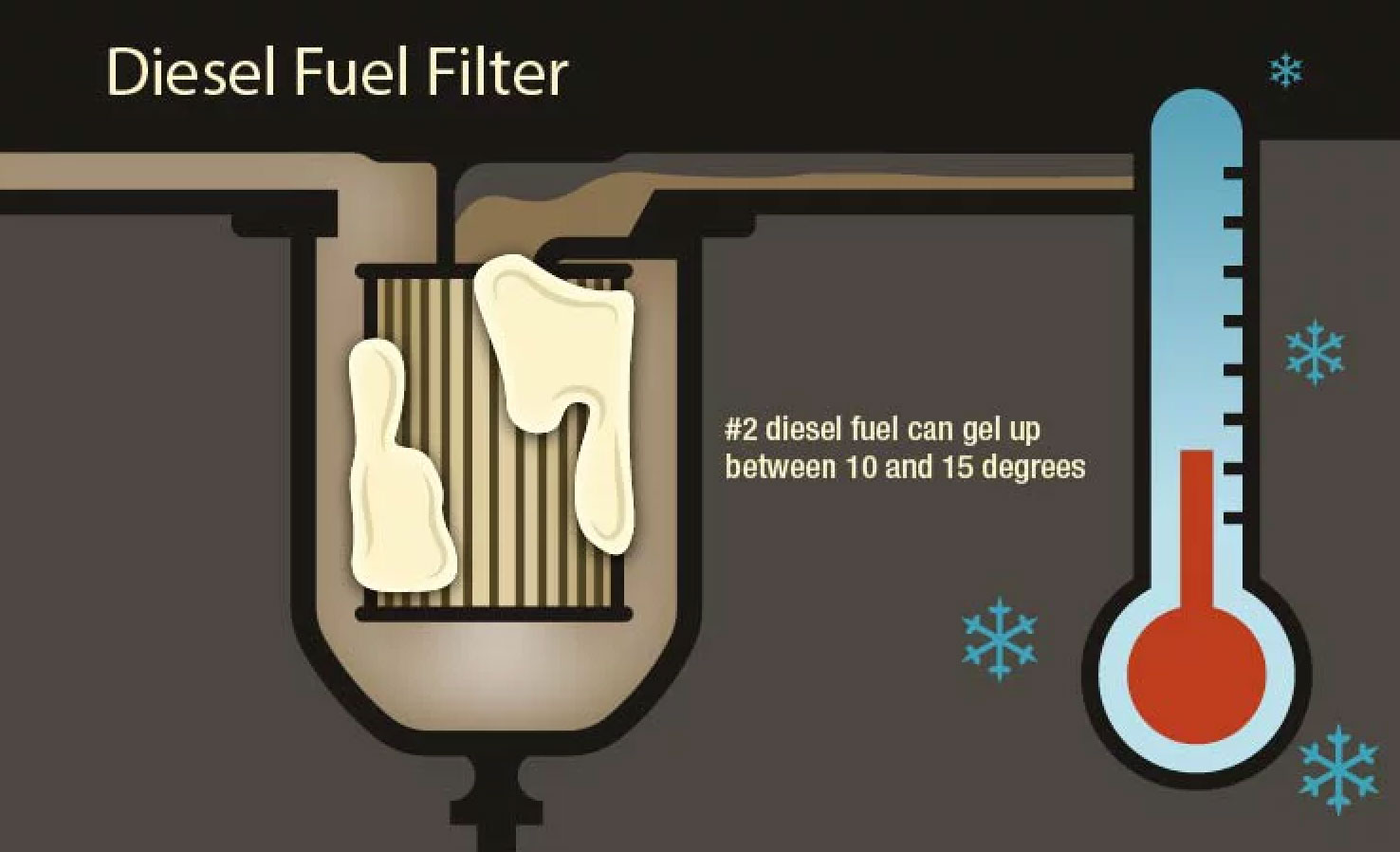
So, at what temperature does diesel fuel gel? Generally speaking, diesel fuel begins to gel when the temperature drops to approximately 15°F (-9°C). However, this is not a one-size-fits-all answer. Various grades of diesel fuel have different cloud points—the temperature at which wax crystals start to form. For example, No. 2 diesel, the most common type used in trucks, typically gels around this 15°F mark, although lower quality variants may gel sooner..
Understanding Diesel Fuel Clouding And Gelling
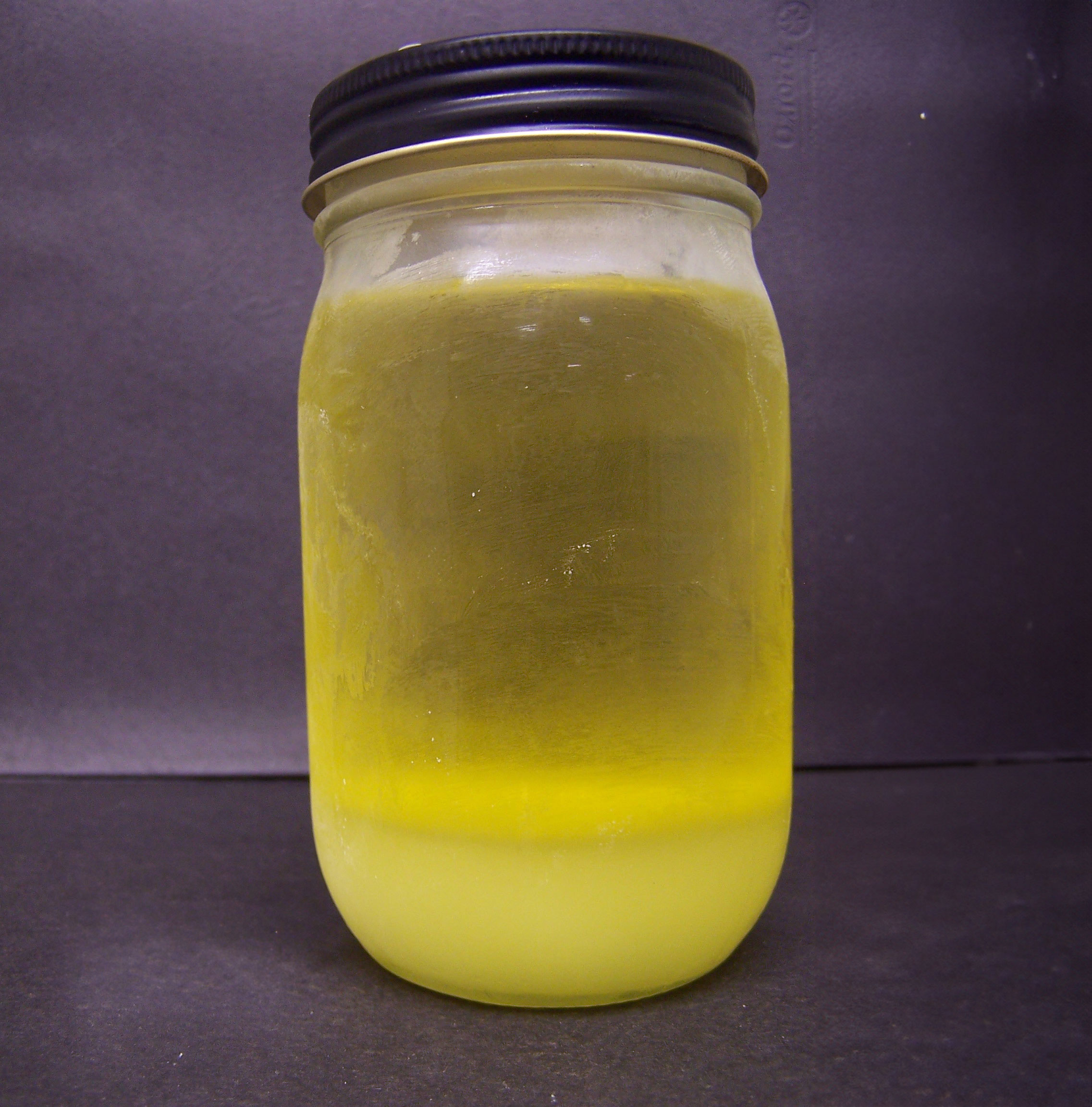
The process of gelling starts with clouding. The term 'clouding' refers to the initial stage where diesel fuel begins to look cloudy due to wax crystallization. At this stage, the fuel is still able to flow, although its performance may start to degrade. Once the temperature continues to drop, the wax crystals fully solidify, leading to complete gelling, which blocks fuel flow. This process is exacerbated in unoptimized engines or during significant temperature fluctuations..
Different Diesel Fuels And Their Gelling Points
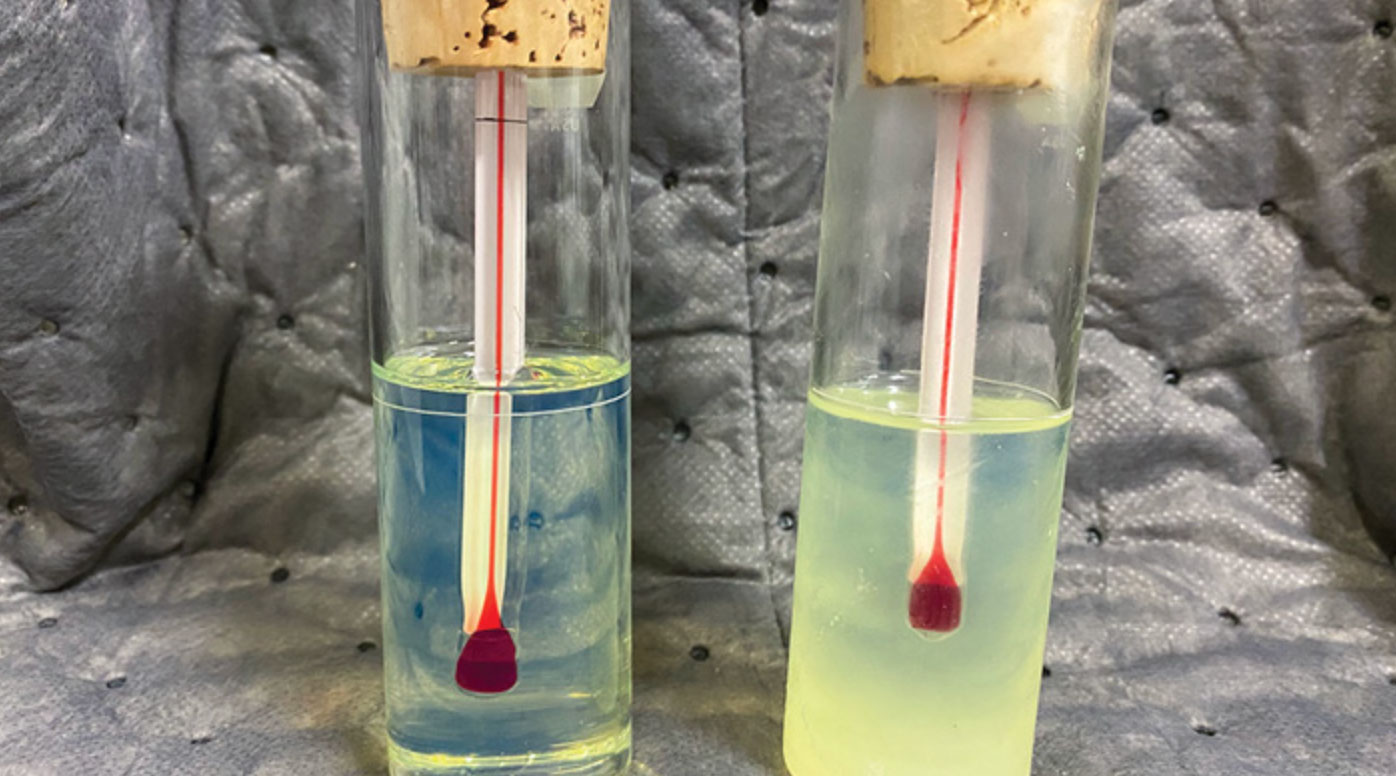
The type of diesel fuel you use plays a major role in its likelihood to gel. While standard No. 2 diesel typically gels at 15°F, other specialized types such as 'winterized' diesel or blends like No. 1 diesel are formulated to withstand lower temperatures. No. 1 diesel, for example, has fewer paraffin waxes and is less susceptible to gelling. These adaptations make it suitable for colder environments, helping vehicles perform optimally even in freezing climates..
What Happens When Diesel Fuel Gels?
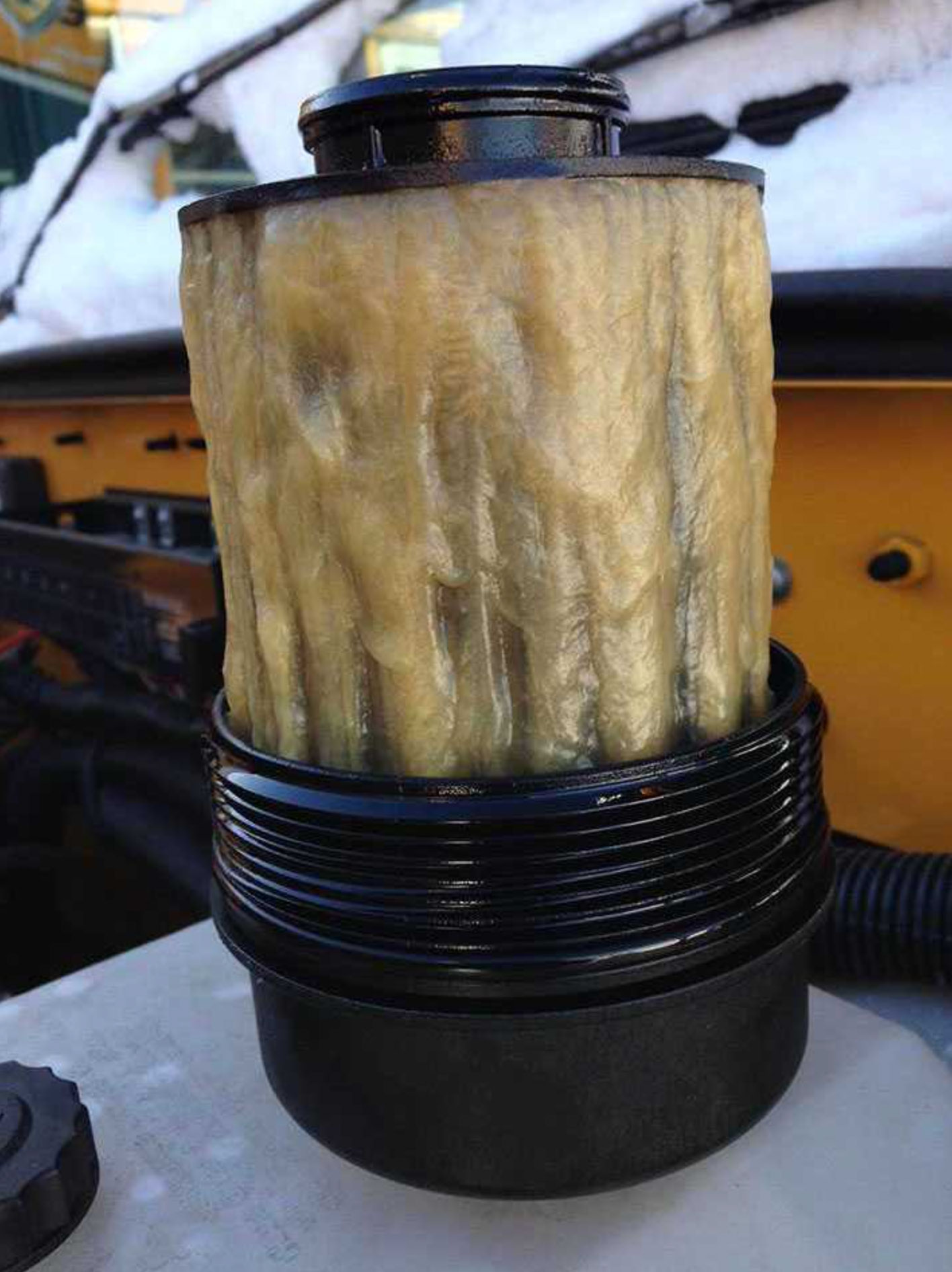
When diesel fuel gels, the consequences for your vehicle can be severe. First and foremost, gelling blocks fuel filters and lines, preventing the flow of fuel to the engine. This issue often results in engines failing to start or stalling mid-operation. Additionally, trying to force a gelling system to work can damage fuel injectors, decrease the lifespan of your fuel pump, and result in costly repairs. It’s crucial to understand the signs of gelling to avoid these outcomes..
How To Prevent Diesel Fuel Gelling
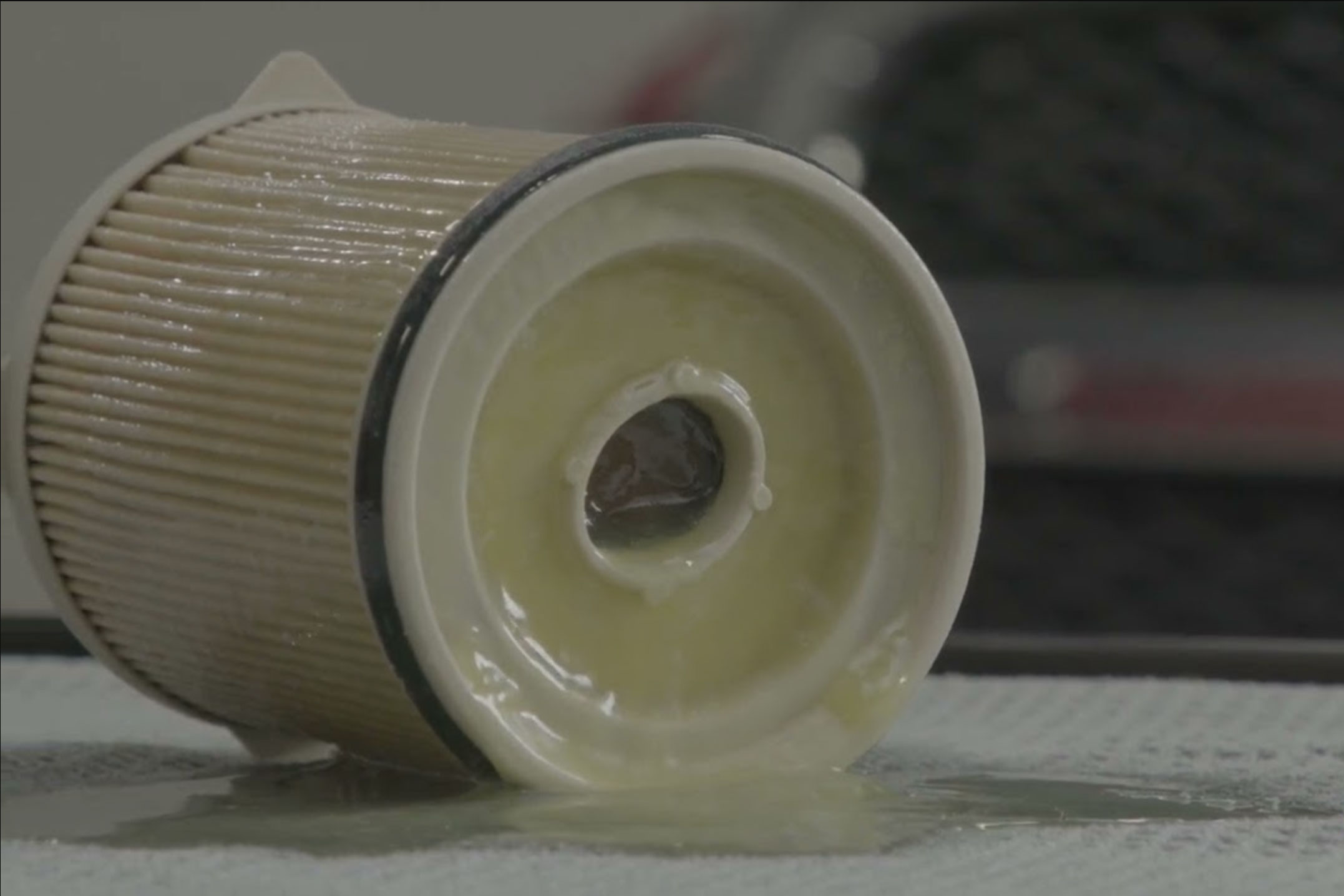
To combat diesel fuel gelling, the simplest way is to use anti-gel additives. These products work by reducing the wax crystal formation and allowing diesel to remain liquid at lower temperatures. Additionally, drivers can switch to a winter blend fuel formulated for freezing conditions. It's also essential to regularly check and replace fuel filters during the colder months, as clogged filters can exacerbate gelling issues. Using a block heater to warm the engine can also help mitigate these effects..
What To Do If Diesel Fuel Has Already Gelled?
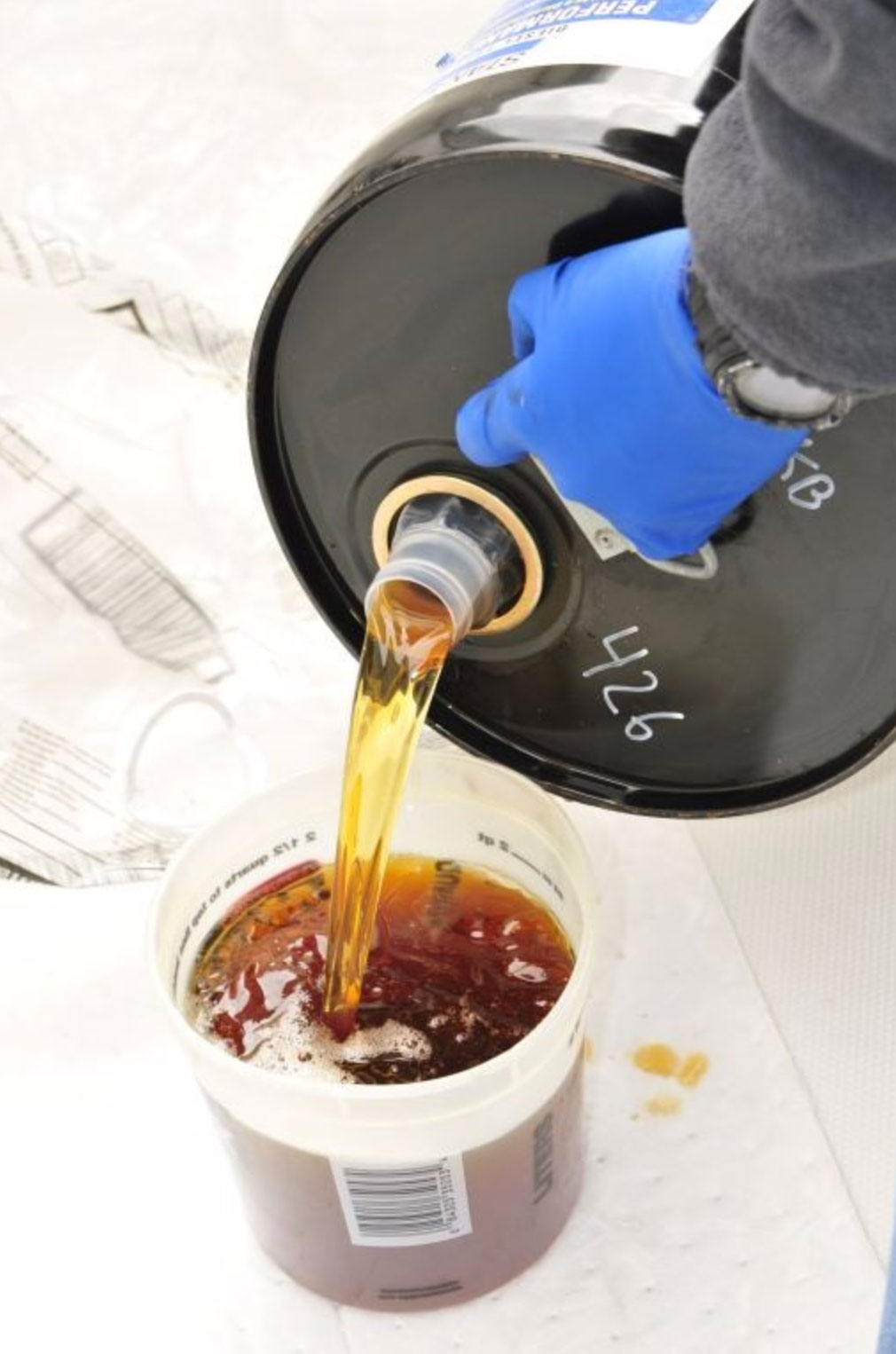
While treatments and preventive measures are crucial, what should you do if your vehicle's diesel fuel has already gelled? First, avoid attempting to start the engine repeatedly, as this can lead to further damage. Instead, utilize diesel fuel thawing additives or consult a professional mechanic. Portable heaters or heating blankets can also be used to warm up the fuel system, but care should be taken to avoid fire hazards..
Proper Storage Tips To Avoid Diesel Fuel Gelling
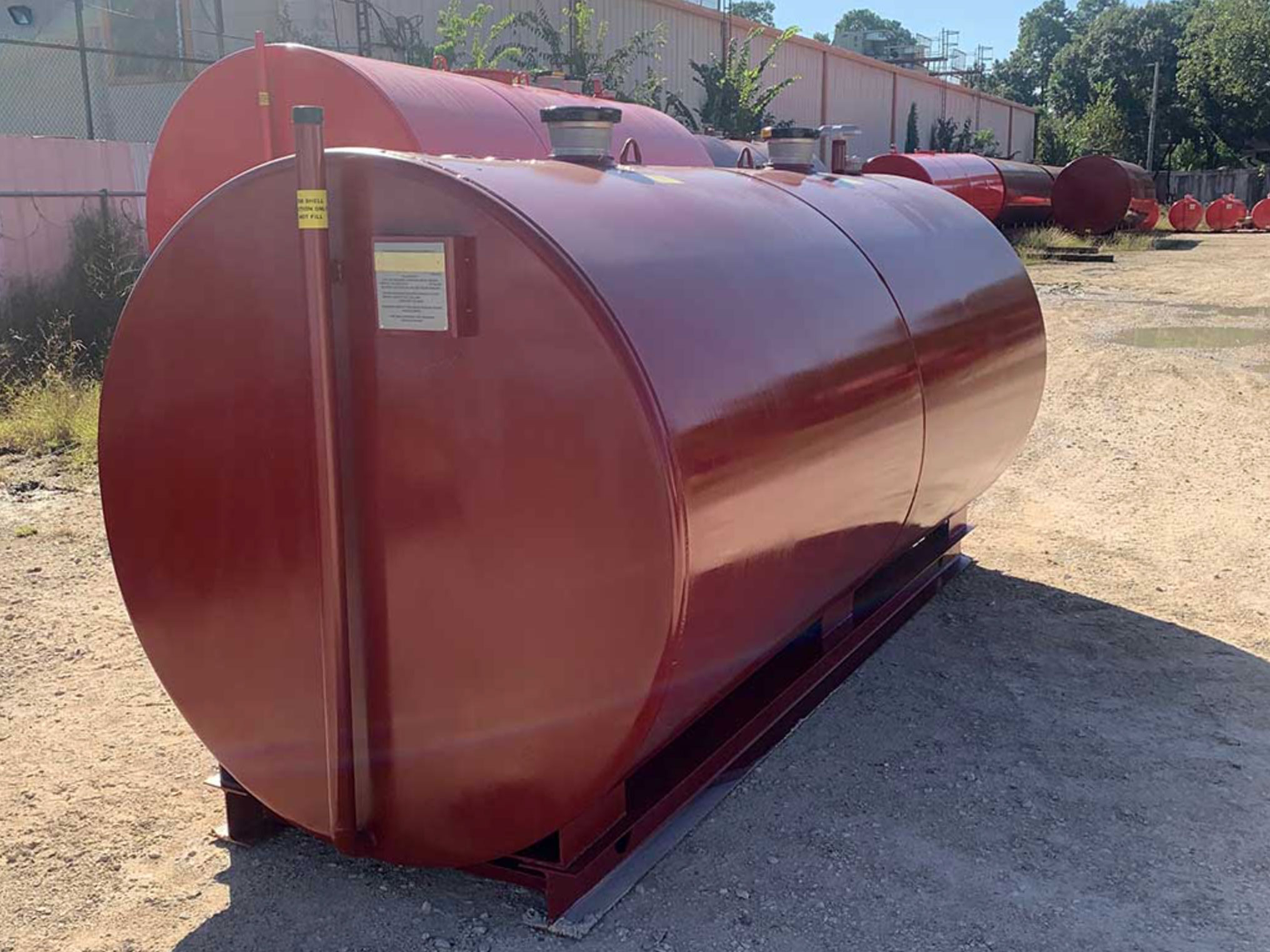
Preventing diesel fuel from gelling isn’t just about selecting the right fuel or additive. Proper storage is equally important. Store your diesel in tanks designed for cold conditions, and always keep the tank as full as possible. A low fuel level increases the risk of condensation, which can exacerbate gelling. If your vehicle will be inactive for an extended period, use fuel stabilizers to protect against the effects of cold weather..
Key Takeaways On Preventing Diesel Gelling
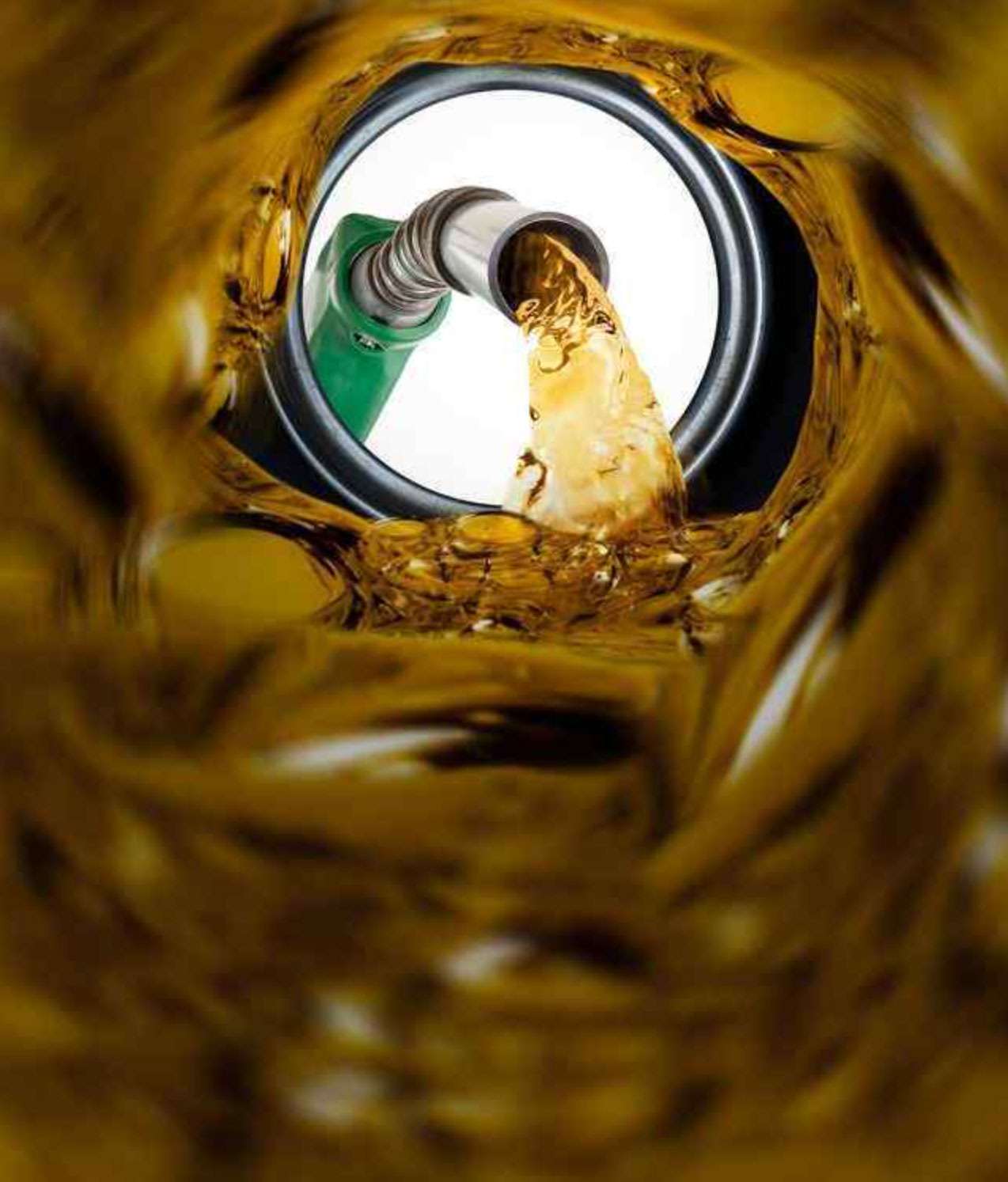
The science of diesel gelling is fascinating, yet its real-world implications can lead to frustrating and costly breakdowns. By understanding at what temperature diesel fuel gels and taking preventive measures like using anti-gel additives, selecting a winterized blend, and maintaining proper storage conditions, you can safeguard your vehicle against cold-weather issues. Prepare your diesel engine for the winter months, and you’ll enjoy uninterrupted performance, no matter how cold it gets..
Understanding at what temperature diesel fuel gels is crucial, especially if you live or work in colder climates. By using the right type of diesel, incorporating proper storage practices, and utilizing preventive additives, you can effectively avoid the challenges associated with gelling. Take proactive measures today and ensure your diesel engine remains reliable even in the harshest winter conditions.

